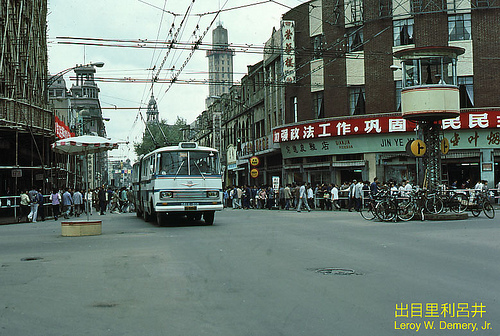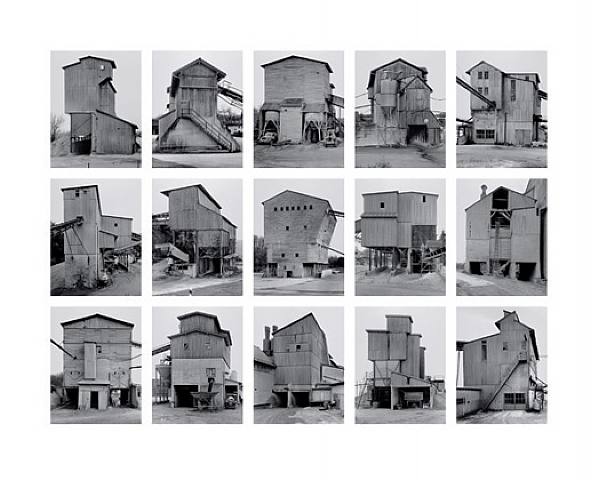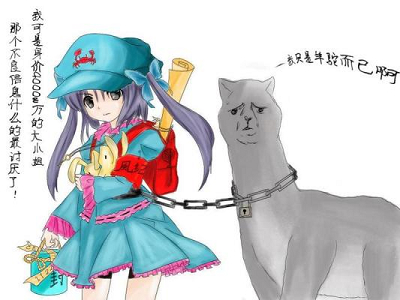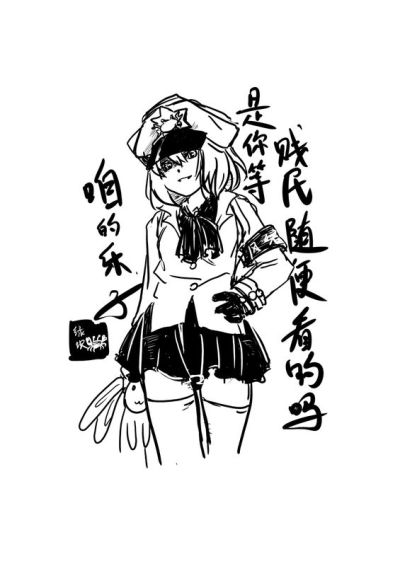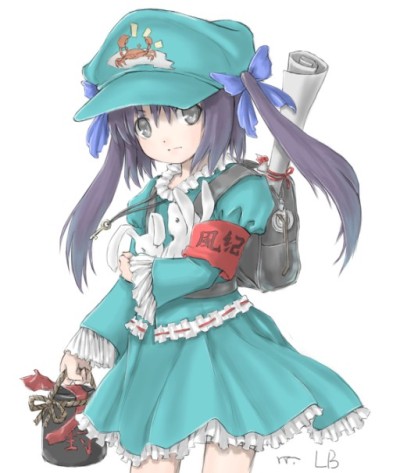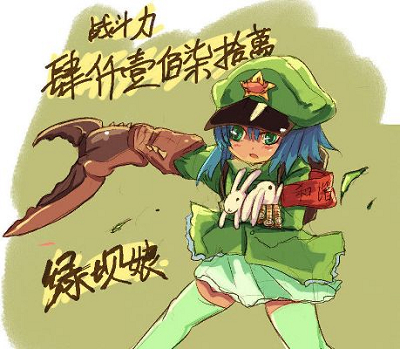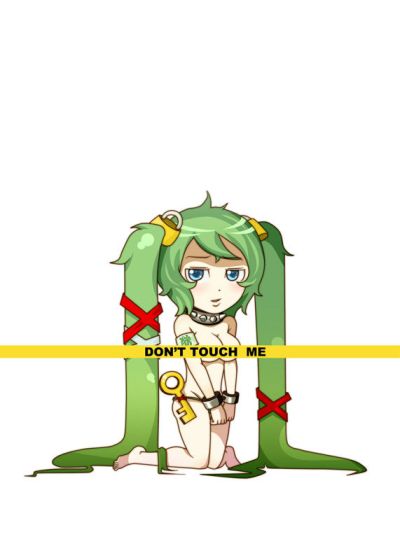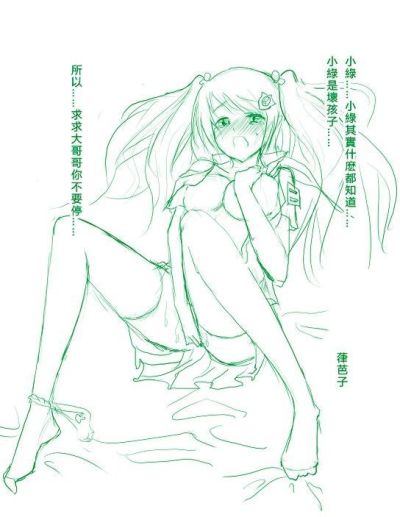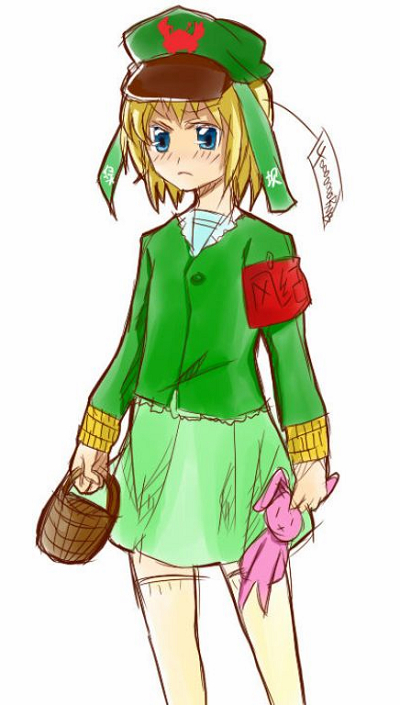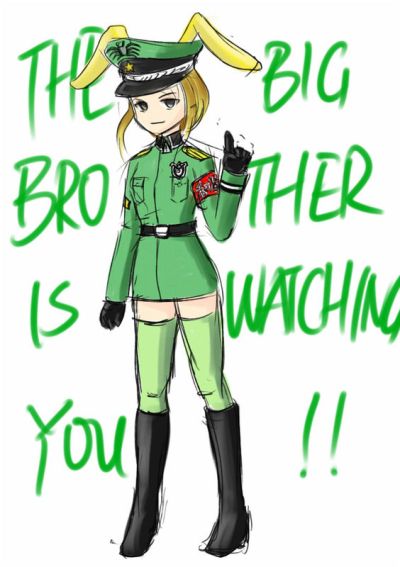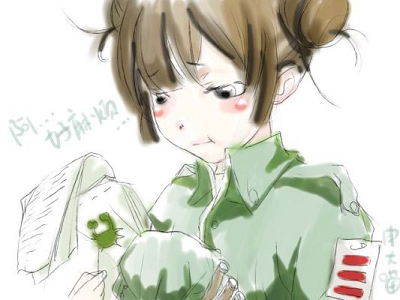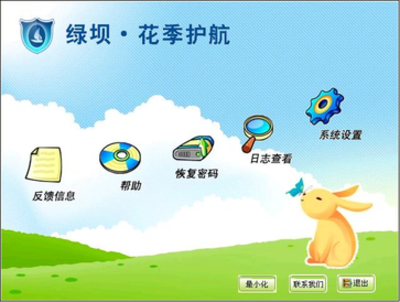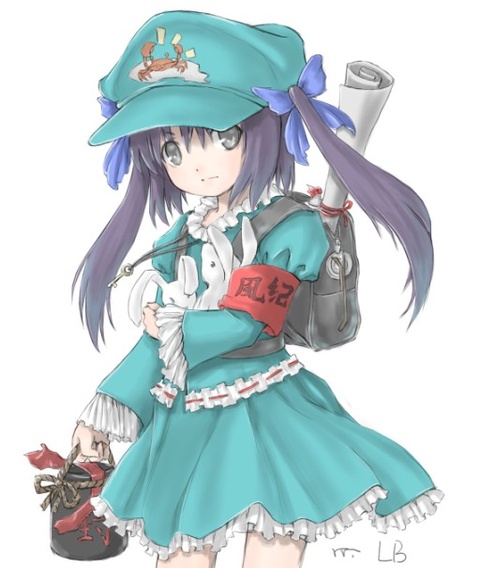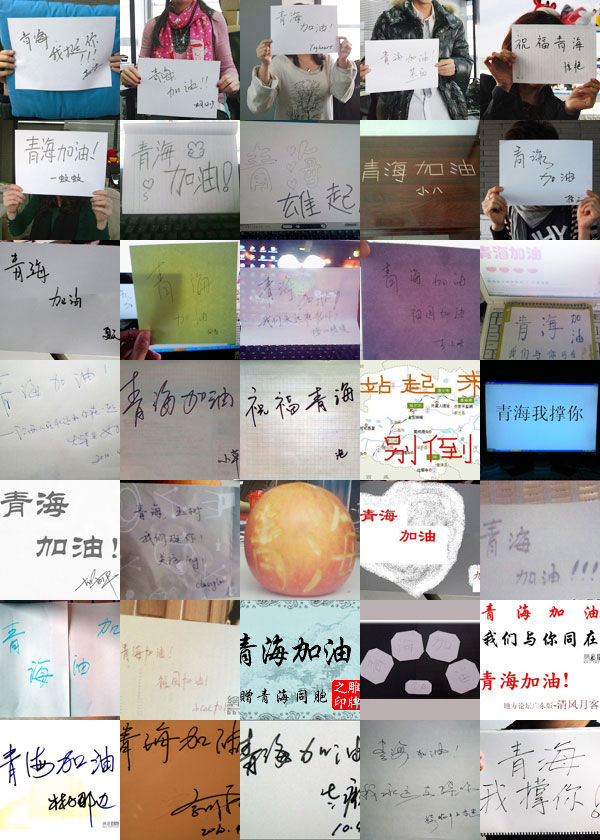
The following content is translated from an article in New Weekly, a Guangdong based magazine.
Chinese are always in a hurry. They love pressing “forward”, crazy clicking “reload”. To comment, they rush for the “couch” seat; to send package, they go with express delivery; taking a photo, they want it to be ready while waiting; to travel, highway and high-speed railway or high-speed magnetic levitation will be perfect; starting a business, they want to get rich overnight; getting married, there should be house and car first; when lining up, jumping the queue sounds necessary, otherwise they wonder to themselves: why is the other team always faster than mine?
Chinese who used to have no sense of time, have become the most hurried and impatient ethnic in the world – ten thousand years is too long, let’s fight for day and night.
Chinese hate waiting, but there are desires unsatisfied so they have to wait, they are restless with a quiet conscience.
But what has all the rushing brought to us? We are actually having more disasters and accidents, lower efficiency and worse results. We are wearing ourselves out more quickly in this hurried country. When we do come to realize the philosophy of fast and slow, lose and tight, give and get, success and failure, maybe everything’s too late already.
Who press the “forward” button for Chinese?
People get all fretful because the society is unease. No matter you are lining up or jumping the queue, it is all for fear of being left behind by the society.
We like to cut in line, pretending the one-meter yellow line inexistent; we spring cabs; we drive through yellow light at full throttle; we climb the railings in the middle of road to save 5 minutes; we make a scene at airport check-in; we yell at the customer service center on the phone “fix it, NOW!!”; we rush through the scenic spots, hurry taking photos, hurry leaving for the next stop; we go in backdoor, we bribe.
We are always in a hurry, but we are also the most patient group on the earth. We used to line up in stock exchange, waiting patiently for ratification; now we line up to buy house with the whole family taking turn to queue 3 days before the opening; we like things on sales, no matter how long the line is; the more crowded the restaurant is, the more we like it even if it means sitting on the front for 2 hours cracking sunflower seeds; now we are willing to stand for 9 hours in line for the 3-D show at Shanghai Expo.
This is Chinese, whose traditional mindset interweaves with modern circumstances, restless and justified.
As American missionary Arthur H. Smith put it in his book “Chinese Characteristics“, where he spared a whole chapter to talk about Chinese’s disregard of time:
“To the Chinese the chronic impatience of the Anglo-Saxon is not only unaccountable, but quite unreasonable. It has been wisely suggested that they consider this trait in our character as objectionable as we do their lack of sincerity. In any case, appreciation of the importance of celerity and promptness is difficult to cultivate in a Chinese.”
Smith concluded his observation of Chinese disregard for time like this:
“Chinese histories are antediluvian, not merely in their attempts to go back to the ragged edge of zero for a point of departure, but in the interminable length of the sluggish and turbid current which bears on its bosom not only the mighty vegetation of past ages, but wood, hay, and stubble past all reckoning. None but a relatively timeless race could either compose or read such histories.”
The most interesting thing is that Smith considered Chinese’s disregard of time was manifested in their industry, they kept working and working but in fact wasting time constantly with no worry of idle work or redoing.
Smith had a point there of course. But decades later, the impetuous energy that Smith thought Anglo-Saxon borne have come into Chinese too. Ever since the May Fourth Movement, the more the enlighteners resent the chaotic situation, the more people anticipate it to change faster and faster. To accomplish what takes the western world a century to achieve in a short time, we are inevitably rushing too fast, and often in a fierce and harsh manner.
When we finally make it through the reform and opening-up period, “grabbing the detained time back” (due to cultural revolution) becomes the ethnic echo. Down to nowadays, resource scarcity gives rise to competition, unequal distribution brings about strife, speed comes with dysphoria and convenience promote it, the overall mindset of this age is no more waiting.
When do we lose the ability to slow down?
Chinese’s value of time has been accelerated 3 times since our contemporary age, we can hardly stop. What we need is keeping track with the clock, planning out our life: get there at one time, gain fame and wealth, marry to rich, get rich overnight and retire at the age of 35……
Technology makes us impatient
Wired magazine once made a list about the 33 things that make us crazy, and air travel came in the first place, followed latter by credit cards, customer service, medical records, office copiers, printer cartridges, roads, teleconferencing etc.
Wait, aren’t all these stuffs mean to make life easier for us? Don’t they reduce repeat labor and simplify things up? How come they make us more impatient?
We invent a lot of things trying to reduce the fret, but actually we are inventing new frets.
The guy who develop phone connecting music must be deaf. He worries that people may get mad after listening to 10 minutes of “doo doo doo” sounds during connection, so he replace the “doo doo doo” series with sprinkler music. The thing is nobody will hold on for 10 minutes of “doo”, we hang up; but people who patiently listen to the sprinkler music to the end still get no answer, and the sprinkler music jingle up all over again, that is what really driving people crazy.
And whoever invented service smile and PR language must be prosopoplegic and stutter. He thinks customer service personnel’s smile and well-knitted answers will help ease customer’s anger. But the truth is when you really need something to be fix quickly, you hope to see that the personnel are as concerned as you instead of showing you 8 teeth in perfectly tender way and saying “we will follow it up”.
Follow up? Who on earth invented this?
Impatience is the social psychology
The more modernized our life is, the more we have fretful emotions. Before the generalization of telephone, no one mind if it takes months to get a letter. Nowadays we call those who won’t reply a message lacking in mobile ethic. In the time when we dial through phone line to get to the Internet, nobody fret over the 56 K/s speed because we are content with what we have. But now with broad band connections that measure in megabytes/s, the first thing we do when the pages open a little bit slower is clicking reload from time to time, sometimes we just want to smash the computer for not loading faster.
This is the anxiety strengthened by the advanced era if faster is possible, why slow down. Where there is comparison there is anxiety.
There are a lot other things that can trigger our anxiety, most significant of which is inequality. You can skip the 33 liner before the bank counter as long as you are VIP, which give you the privilege to walk up to the counter directly. Isn’t there any chance for non-VIP to get comfortable basic service too? Yes, our basic service is letting you sit for 2 hours on the cold iron bench
You can save the time and energy of waiting half day just to get hospital registration as long as you know any stuff in there, up to director of the hospital down to daily executives who can lead you direct into professor’s clinic. Couldn’t everyone get the same kind of convenience? Yes, but there are only couples of hospitals around, pick whichever one less crowded.
You can forget waiting all night for train ticket during spring rush if you book a air ticket already. Isn’t there any other way where underdogs can also afford to go home without going through all those troubles? Of course there is, you can buy from scalpers at the train station plaza paying more that takes up your salary of the month.
You can choose not to line up buying house, you have no place to stay anyway when you sell it at good time. You can spare yourself the trouble of getting married, you don’t have a house anyway.
People are anxious because of unstable society structure. You have to worry all the time for fear of missing any opportunity that can get yourself dumped by the society; when you be good to line up, there surely someone else to cut in before you. That is why we get fidget, ignoring the rules – there is no rules anyway, only the bird in hand is yours, line up and waiting can only give you vision.
We are like shoppers in front of the supermarket cashier, lingering between several lines with our shopping carts, meeting the dilemma of line up or not. We restlessly jump the queue, cut others in, there is no way to wait for one more minute.
Plus, we always know the other line is faster than the one we are in.
http://www.chinahush.com/2010/07/15/china-the-rushing-country-why-cant-we-slow-down/#more-6708
